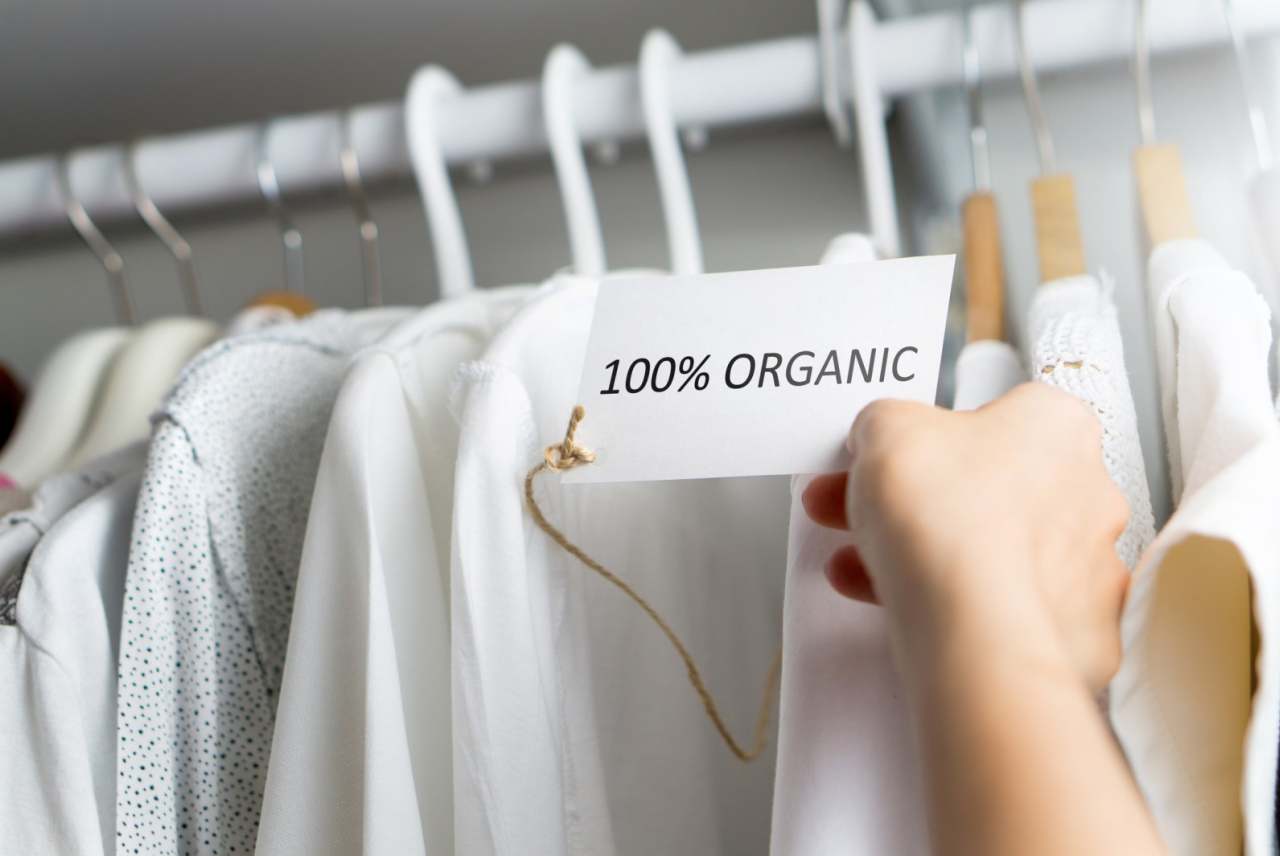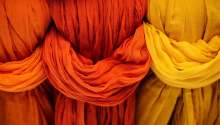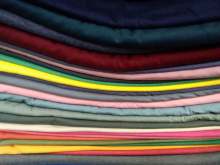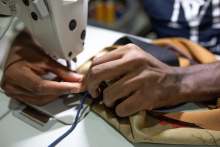What does organic mean in fashion?
Organic labels on fashion items refer to how the fabric has been produced.
Organic clothing is made from natural fibres.
Natural fibres derive from plants. Like all plants, the growing process relies on seeds, nutrition (or fertilisers) and often pesticides.
Organic plants are grown without the use of certain pesticides, herbicides, synthetic fertilisers and are not genetically modified (GMOs). This low impact process also uses less water compared to conventional farms.
A garment can be labelled organic if 95% of the fabric is organically grown. Examples of fabrics that are labelled as organic include:
- cotton
- bamboo
- hemp
- linen
For example organic cotton is grown without artificial fertilisers and pesticides and is guaranteed to be GM-free. Organic cotton is generally estimated to have about half the emissions of conventionally grown cotton, although it uses more land.
Organic cotton also has to meet criteria for other chemicals used in its processing, such as dyes. There are often also social criteria in the accreditation process, e.g. pay and working conditions.
Therefore, seeking certified organic cotton offers some assurance that it has not come from a supply chain directly linked to forced labour. This is in stark contrast to non organic cotton.
We delve into the environmental impact of different fabrics and rank the most sustainable in our feature article on fabrics.








